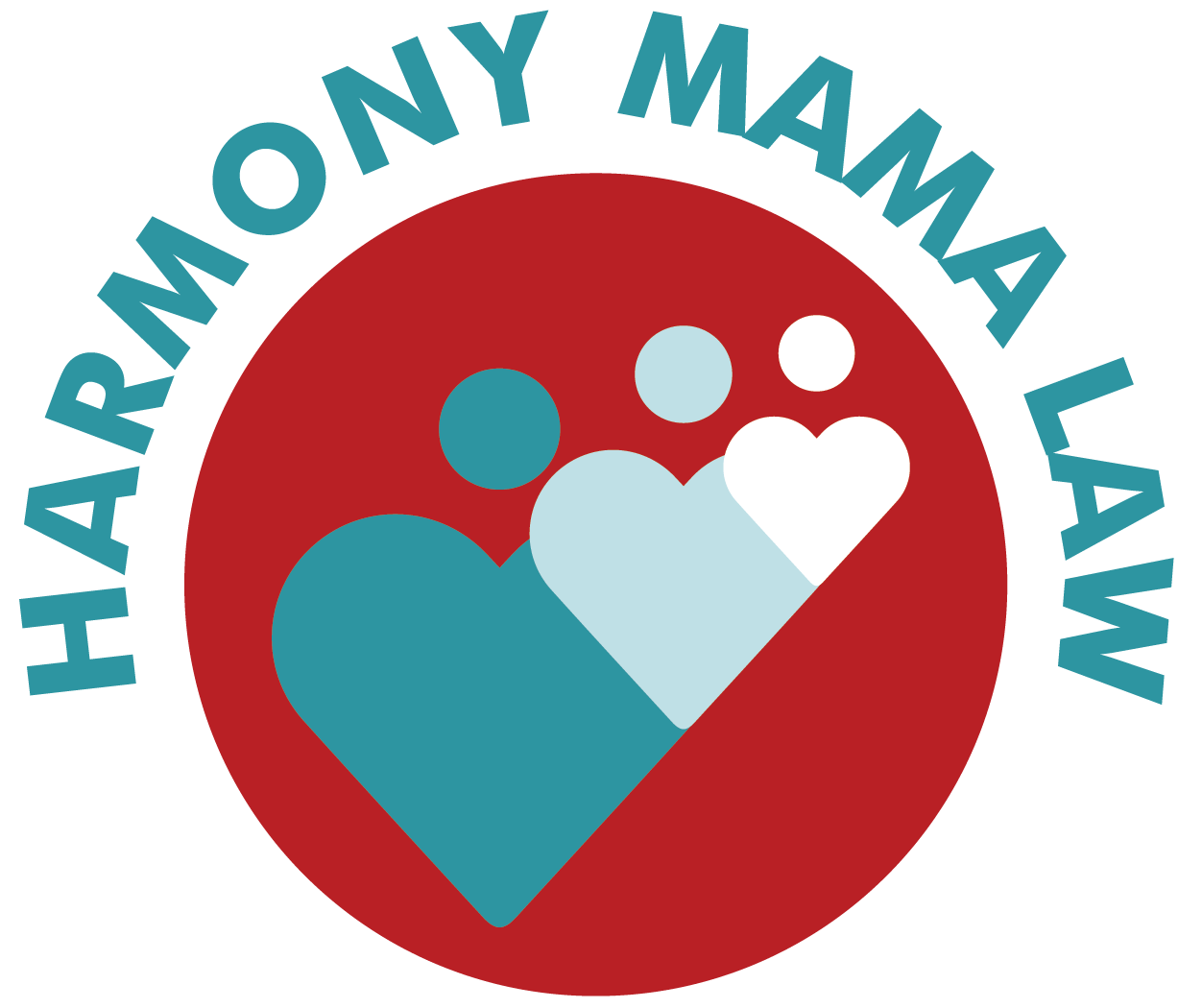Building and owning a business or saving prudently can lead to more than a comfortable life—it can create a legacy to be passed on to family members and charitable groups. Estate planning for a legacy takes many forms, explains an article from Cincinnati Business Courier, “Taking Care of Future Generations: Estate Planning Strategies and Trends.”
The primary purpose of estate planning is to transfer assets smoothly and when possible, without court involvement. High net-worth families use estate planning to use existing tax opportunities to structure their assets, so they may be passed to the next generation in a tax-efficient manner.
Estate planning is also necessary to allow assets to pass without turmoil and stress. Having a detailed estate planning, where wishes are clear and assets are carefully inventoried, prevents heirs from having to undergo legal and logistical contortions to receive an inheritance.
The planning process varies from state to state. However, the general process is the same. An estate planning attorney discusses the family, the business or other assets and the wishes to be achieved. Some states, like Kentucky and Pennsylvania, still have inheritance taxes in addition to state estate taxes. As of this writing, few families are impacted by federal estate taxes, although this may change in the future.
Wills may be the best known part of estate planning. However, the will is only part of an estate plan. If prepared properly, most property passes without a will and, therefore, without probate. Trusts are the most commonly used tool in estate planning. Trusts are created to serve as separate legal entities which distribute assets upon the death of the grantor (the person who created the trust). Assets distributed by a trust don’t go through probate and are distributed according to the language of a trust. This level of control, in addition to taking out any court involvement, are one reason why trusts are so popular in estate planning.
A Power of Attorney is very important in estate planning. The person who has been named the POA steps in to handle general financial matters and helps maintain the normal course of life—paying bills and maintaining a home—if someone becomes incapacitated. A Medical Power of Attorney gives the power to talk with treating physicians and make decisions.
An estate plan also includes naming an executor, the person in charge of administering the estate. You’ll want to select a person who is, above all, trustworthy. They will also need to be organize, financially savvy and able to manage the beneficiaries and the family’s dynamics.
Estate planning often involves lifetime gifts, also known as planned giving. Giving to charities while living allows the donor to see the impact of their generosity, which can be very rewarding. The same can be said about giving to loved ones. The benefit of taking assets out of the taxable estate is a motivating factor for some, but not all, lifetime giving.
Giving is also done through family foundations and donor advised funds (DAFs). The DAF is becoming more popular because the charitable deduction is created when the fund is created, while there is still access to the funds. Foundations are typically created only by extremely high net worth families, as there are extensive costs involved in creating a foundation. However, a family foundation is an excellent way to bring younger generations into the tradition of philanthropy.
An estate planning attorney will walk you through the necessary steps, explore options and help outline your wishes for the legacy you wish to leave to loved ones. It is a gift to the family, providing peace of mind for you and a plan for the future.
Reference: Cincinnati Business Courier (Nov. 15, 2024) “Taking Care of Future Generations: Estate Planning Strategies and Trends”



